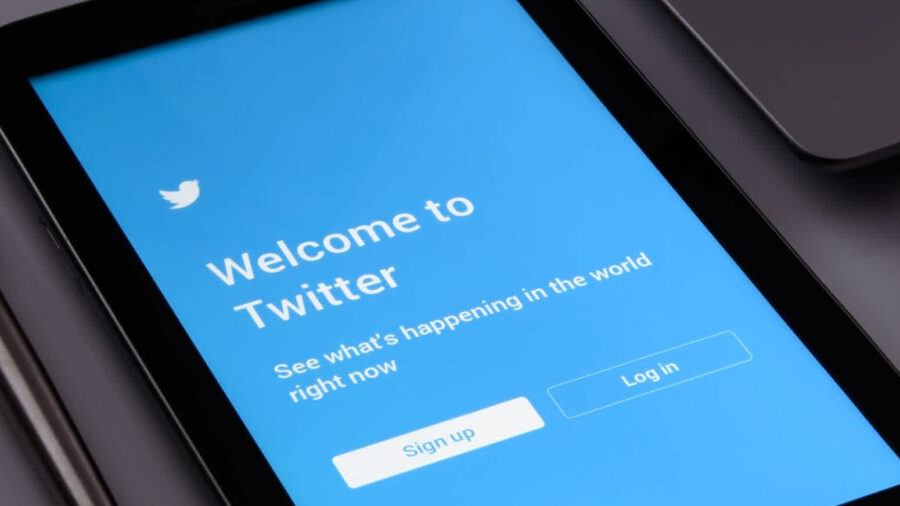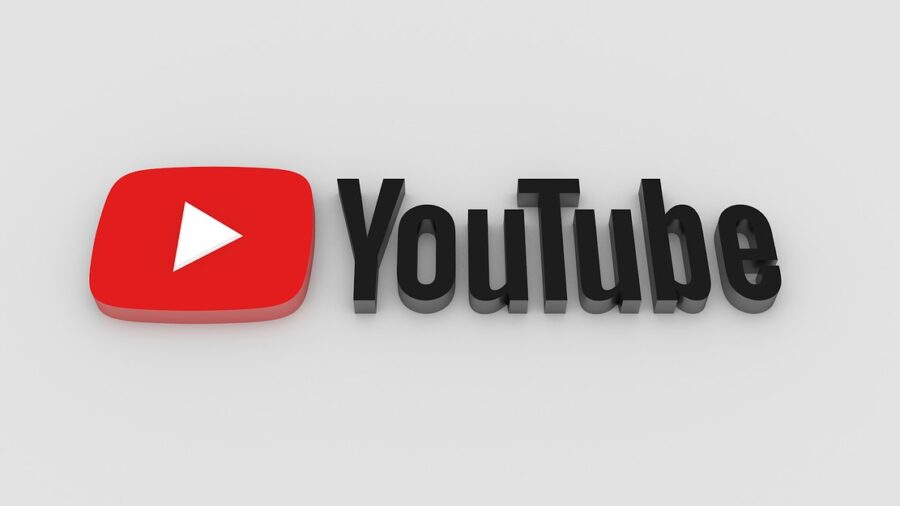Facebook Is Working On A Direct Copy Of The Most Controversial Social Network
Facebook is reportedly building a Twitter clone to compete with the rival social network.

When Donald Trump was sent packing by Twitter for statements considered dangerous, hateful, and/or spreading fake news, he set off on his own to create a new social media platform called Truth Social. When Elon Musk bought the massive social media empire that is Twitter and reinstated the former president, it was only a matter of time before other attempts at competing with the platform began popping up. In a not-surprising move, Meta, formerly known as Facebook, announced per The_Byte that they would be launching a new text-based platform to give those that want to flee Musk’s Twitter somewhere to post text updates.
According to Meta CEO Mark Zuckerberg, the company will be launching a decentralized social media platform with the intention of providing an alternative to Twitter. Of course, it will be powered by Facebook, similar to Instagram, and users will be able to sign in to their Meta account and access all of their social media from one place. If you are a fan of Facebook or Instagram, this move shouldn’t surprise you since it isn’t the first time the company has launched apps or platforms to compete with competitors, including the fledgling Metaverse.
With the appearance of TikTok, other social media platforms had to try and keep up once the population found themselves stuck indoors during the pandemic quarantines. Instagram, which was known for being a photo-sharing app that created algorithms centered around images, developed reels and began pushing video content instead of images, trying to compete with the new fad. YouTube, which had been living on long-form video content for years, responded to TikTok by introducing YouTube Shorts, appearing as a tab at the bottom of your app home screen and looking alarmingly like TikTok.

When Elon Musk bought Twitter and vowed to return free speech to the platform, including reinstating banned accounts like Donald Trump and Andrew Tate, there was a fear from investors that Twitter would face a mass exodus. While there was some turmoil, as expected in the beginning, many celebrities and personalities that vowed to boycott the platform have remained on the social media platform, proving to many that it is just too big to fail. Meta, Facebook, and Instagram are hoping to change that moving forward.
The most surprising aspect of Mark Zuckerberg‘s new venture is that he has opted to go the decentralized route, meaning no one company can control everything (the way Twitter does). This is a bit of a surprising move considering Meta is virtually completely centralized in a Twitter-esque fashion with Facebook and Instagram. He is likely attempting to compete with more than Twitter with that move and going after former Twitter founder Jack Dorsey’s Bluesky Social, which has committed to the decentralized route.
In any case, Twitter has seemed to limp on following the controversial purchase by Elon Musk, and they look to continue to stride on regardless of the backlash. Zuckerberg adding a text-based platform to compete seems like a desperate move to capture the younger crowd in the same way the older crowd clings to Facebook.












